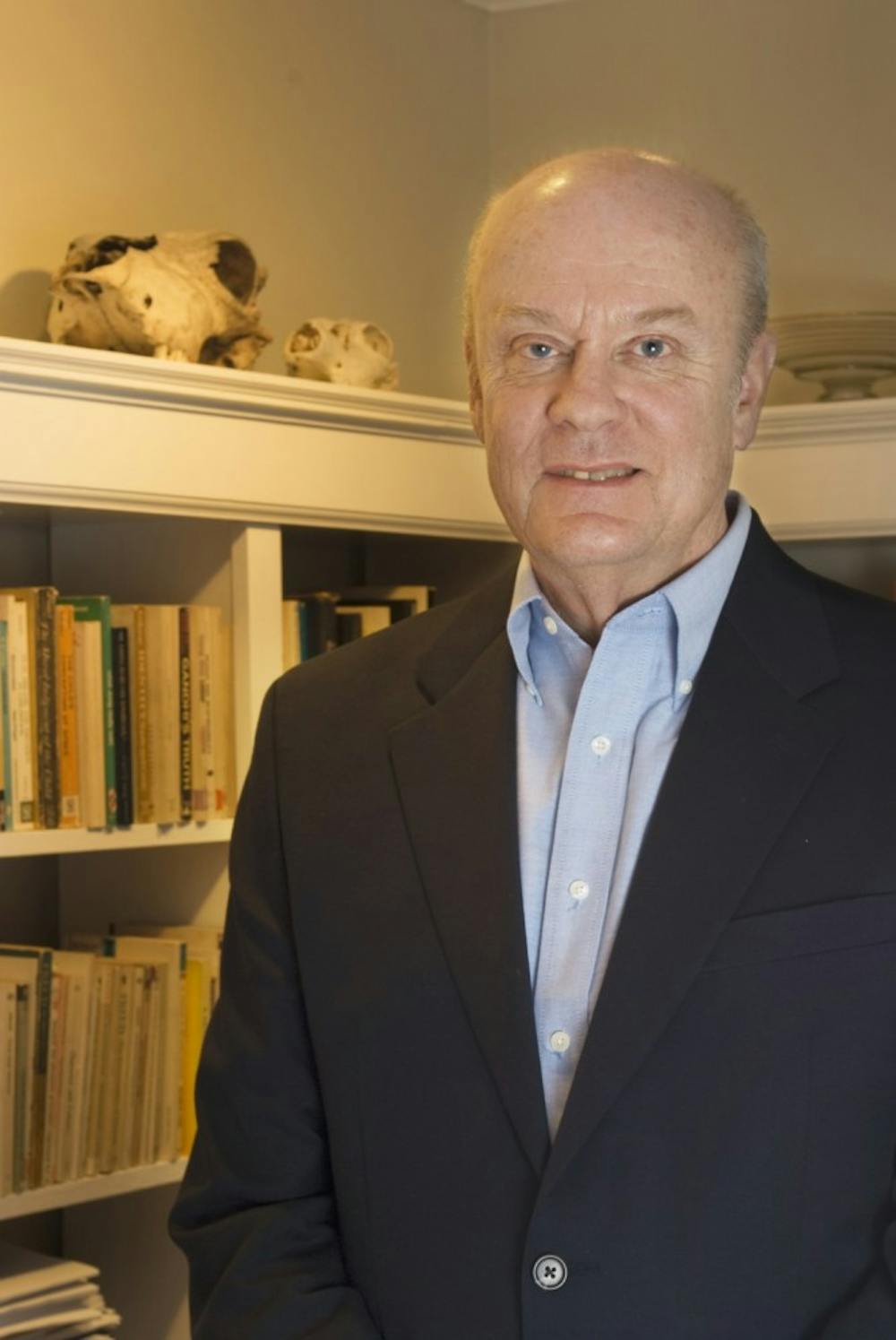For many people, the word "play" might incite visions of sports, video games or board games.
For Thomas Henricks, Elon University professor of sociology and anthropology, the concept of play has been at the center of his research for years, most recently resulting in his fourth and fifth published books, "Play and the Human Condition," and "The Handbook of the Study of Play."
In the book "Play and the Human Condition," which was released in the spring, Henricks identified conditions that instigate playful behavior and activities.
Henricks served as co-editor to “The Handbook of the Study of Play,” a compilation of essays that was also released this past spring.
According to Henricks, the idea of play is hard to define because it is an expression that touches different aspects of what it means to be human; in the end it goes deeper than kicking a ball or shooting hoops.
“Play is not simply sports and games,” Henricks said. “It’s all kinds of creative activity - art, music, riddles, tongue twisters! Sometimes, festivals and fairs can have that same kind of spirit.”
Play can focus on many different elements in the world, including cultural, environmental, physiological aspects, he added.
By delving deeper in his research of what it means to "play," Henricks was better able to define play.
“This is about the process of self-realization,” Henricks said. “When we play, we expand the sense of our own possibilities. That’s what play is about.”
Henricks joined the Elon community in 1977 after receiving his M.A. and Ph.D. degrees in sociology from the University of Chicago and completing a year of teaching at the University of Indianapolis.
In 1990, he received the Daniels-Danieley Award for Excellence in Teaching— Elon’s highest award for teaching. A little more than a decade later in 2003, Henricks was named a Distinguished University Professor.


